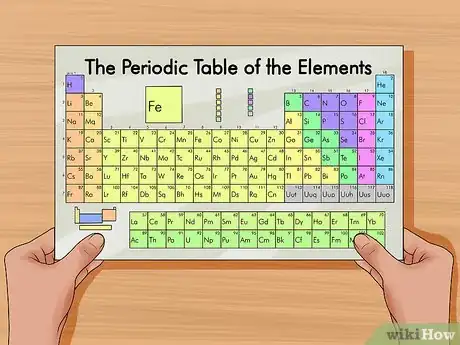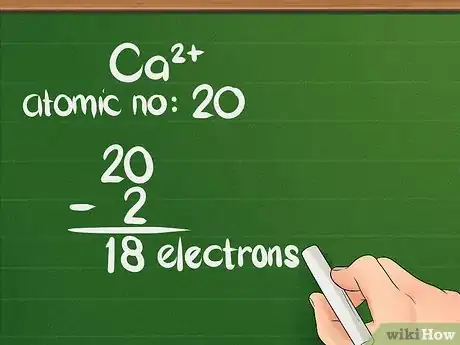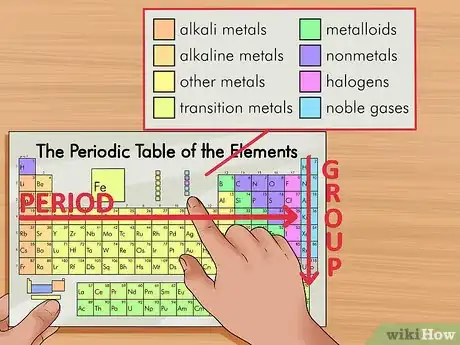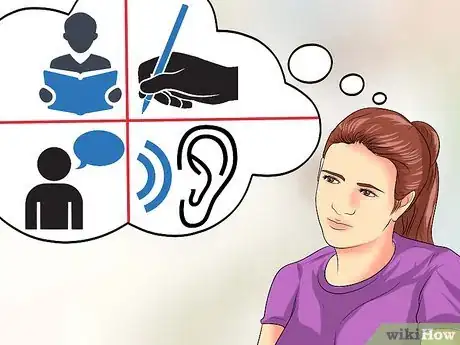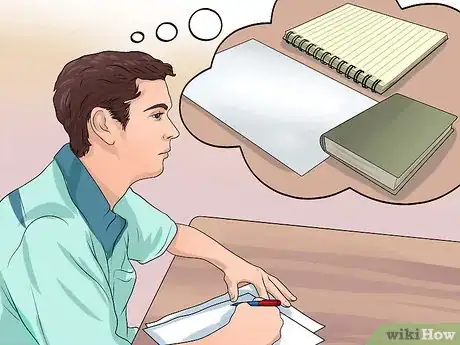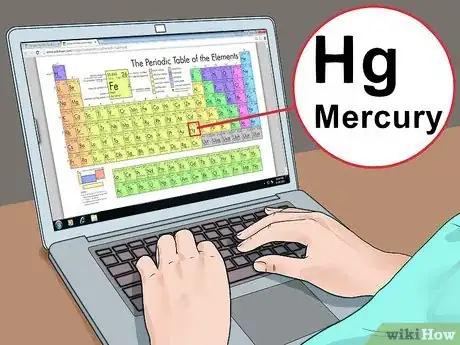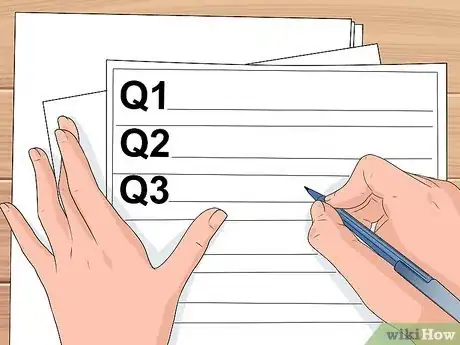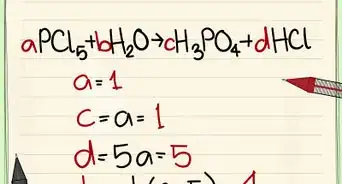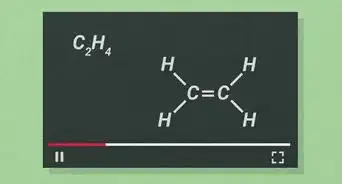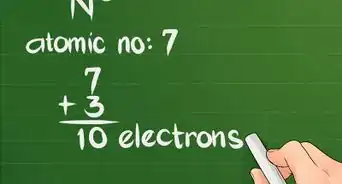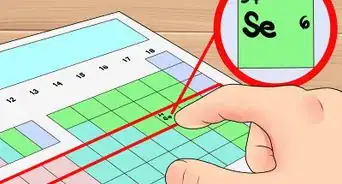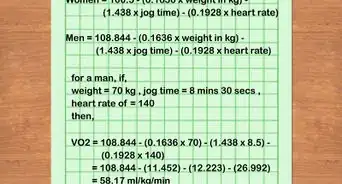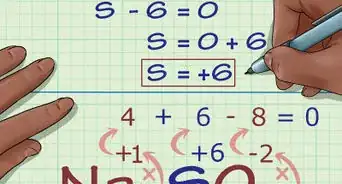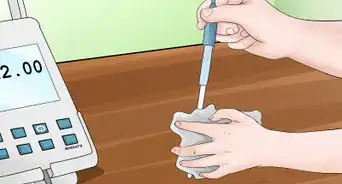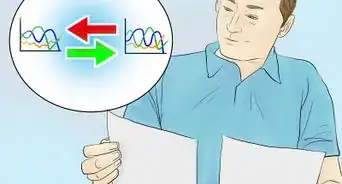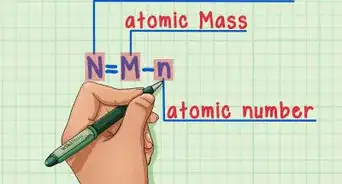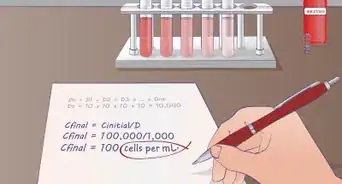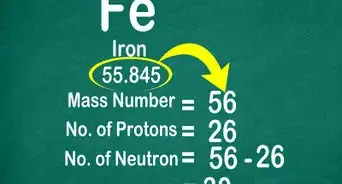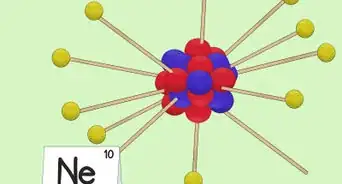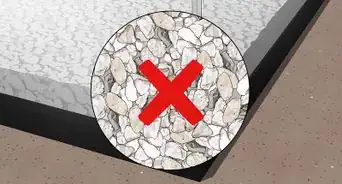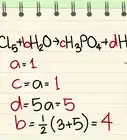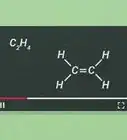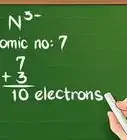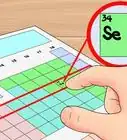This article was co-authored by Bess Ruff, MA. Bess Ruff is a Geography PhD student at Florida State University. She received her MA in Environmental Science and Management from the University of California, Santa Barbara in 2016. She has conducted survey work for marine spatial planning projects in the Caribbean and provided research support as a graduate fellow for the Sustainable Fisheries Group.
There are 8 references cited in this article, which can be found at the bottom of the page.
This article has been viewed 64,784 times.
Inorganic chemistry is the branch of chemistry dealing with the study of inorganic compounds (compounds without carbon), their properties, and their reactions with other compounds.[1] Students usually find it difficult to excel in this subject because of the complexity of chemical equations and reactions. The best way to truly excel in inorganic chemistry is to devote time and energy to truly understand each fundamental concept before moving on to more complex ones.
Steps
Learning Important Concepts in Inorganic Chemistry
-
1Investigate the atom and its atomic structure. Being a branch of chemistry, inorganic chemistry requires that you understand the basic structure of an atom and the properties that arise from this structure. Knowing atomic structure and the way in which atoms can interact with each other is essential to excelling in inorganic chemistry.[2]
- Have a firm knowledge and understanding of atomic mass, electron configuration, atomic number, protons, neutrons, electrons, etc.
-
2Memorize the periodic table. This may seem a little crazy, but memorizing the periodic table will help you have a fundamental understanding of the elements, how they’re arranged, and how they interact with each other. Knowing the group and period of an element gives you information about its structure, electron shells, valence electrons, and reactivity with other elements.[3]
- The columns of the periodic table are called “groups” while the rows are called “periods.”
- The table is split up into metals and non-metals.[4]
- Knowing the chemical symbol of an element will also help you when working with inorganic equations.
Advertisement -
3Understand chemical bonding of elements. The types of bonds that form between elements affect how a compound will react with other compounds. There are two main types of chemical bonding: ionic and covalent. Ionic bonds form when an electron is transferred from one atom to another while covalent bonds result from two atoms sharing an electron.[5]
- There are also attractive forces that allow for weak bonding between molecules called hydrogen bonds and van der Waals interactions.
- Bonding specifically between metal ions is referred to as metallic bonding.
-
4Practice problems with all types of chemical reactions. Redox reactions, combustion, acid-base reactions, and decomposition are all types of reactions that you will see when working with inorganic chemistry. A good way to learn them is to understand the context in which these reactions are written.
-
5Learn about coordination chemistry. A coordination compound forms when a molecule has a metal center and is bound to a ligand such as another atom, ion, or molecule that donates an electron to the metal. These compounds have properties different from that of the properties of each individual atom that comprises it.[7]
- The ligand and the complex geometries that result in these complexes are an important aspect of inorganic chemistry that must be mastered.
Applying Good Study Habits to Inorganic Chemistry
-
1Reframe your thinking about inorganic chemistry. Stop thinking that you have to study only because you have to pass an exam or give a presentation. Learning this subject will undoubtedly help you in Organic and Physical Chemistry too as many concepts taught here are used in these fields as well. Additionally, inorganic chemistry is an essential building block for a career in medicine or chemical engineering.
- Find the fun in inorganic chemistry. Try to apply some of the concepts to the real world and solve real problems with what you’re learning.[8]
-
2Read your syllabus and prepare a study plan. At the beginning of the course, read through the syllabus and figure out how much time you think you will need to study inorganic chemistry each week. Read the corresponding chapters of the textbook before class.[9]
- Write up a study plan that designates certain topics to specific days of the week for study. Spreading out the studying over time will help you avoid cramming for the exam later.[10]
-
3Designate regular time to this subject. The key to learning any subject is to study it regularly. Set aside an hour each day or maybe two hours every other day to focus specifically on inorganic chemistry. Read your textbook, answer practice problems, and use online resources to increase your understanding of the subject.
- Choose a time of day where you are most alert. If inorganic chemistry is the subject you struggle with the most, study it first so you are not too tired by other subjects.[11]
-
4Study your lecture notes after each class session. You should review everything, paying special attention to concepts you found confusing. Look for areas where you have gaps so that you can follow-up on them before you get behind.
- If your instructor allows it, record the lectures so that you have all of the information. You should still take notes, however, as this will help you retain the information better.
-
5Form a study group so that you can learn with others. Your study group will help keep you accountable to your study commitments. You'll also be able to help each other better understand the material. You can solidify the information you know by teaching it to others, or you can have your gaps in knowledge filled in by the other people in your group.
- Choose a location for studying that will promote learning, such as the library.
-
6Do lots of practice problems. Much of chemistry involves chemical reactions and determining how certain compounds will react with each other. The best way to master this subject is to do lots of practice problems of all types of reactions until you have a firm understanding of each one.[12]
- Redo your homework assignments, answer questions in the back of the book, and seek out more problems online.
-
7Attend office hours. Your professor will have office hours at least once a week. Go to them and ask any questions you may have about the subject or the homework assignments. Office hours are specifically for you to have one-on-one time with your professor to discuss concepts that you didn’t fully understand during the lecture. Take advantage of them!
- If your professor’s office hours conflict with another one of your courses, ask your professor about scheduling another time to meet up and ask questions.
Community Q&A
-
QuestionHow do I memorize inorganic chemical reactions?
 MirsadaZCommunity AnswerFirst understand what happens in each reaction and be able to explain it with words. Then just write and balance it.
MirsadaZCommunity AnswerFirst understand what happens in each reaction and be able to explain it with words. Then just write and balance it. -
QuestionHow can I make potassium permaganate?
 Community AnswerPotassium permanganate is commercially prepared by mixing solution of KOH and powdered manganese oxide, with oxidizing agents like potassium chlorate. The mixture is boiled evaporated and the residue is heated in iron pans until it has acquired a pasty consistency.
Community AnswerPotassium permanganate is commercially prepared by mixing solution of KOH and powdered manganese oxide, with oxidizing agents like potassium chlorate. The mixture is boiled evaporated and the residue is heated in iron pans until it has acquired a pasty consistency.
References
- ↑ http://chemistry.tutorvista.com/inorganic-chemistry.html
- ↑ http://chemistry.tutorvista.com/inorganic-chemistry.html
- ↑ http://www.bbc.co.uk/education/guides/zb3j6sg/revision
- ↑ http://www.ptable.com/
- ↑ http://chemistry.tutorvista.com/physical-chemistry/chemical-bonding.html
- ↑ http://chemistry.tutorcircle.com/inorganic-chemistry.html
- ↑ http://chemwiki.ucdavis.edu/Core/Inorganic_Chemistry/Coordination_Chemistry/Basics_of_Coordination_Chemistry/Introduction_to_Coordination_Chemistry
- ↑ http://academictips.org/acad/chemistry/chemistry_study_skills.html
- ↑ http://academictips.org/acad/chemistry/chemistry_study_skills.html
About This Article
To excel in inorganic chemistry, start by writing a study plan that sets out regular slots for each topic so you don’t fall behind or feel rushed at exam time. When planning your study, give yourself sufficient time to understand the reactions and concepts, and if it’s a hard subject for you, try to choose times when you’re most alert, like early morning or before dinner. During study time, read your textbook and lecture notes, answer practice problems, and use online resources to help you learn and review. Since inorganic chemistry involves working out how certain compounds react with each other, do lots of practice problems on all types of reactions to find out what you still need to learn. You can do this by redoing homework assignments, answering questions from your textbook and looking for online practice tests. For more tips, including how to memorize inorganic chemistry basics, scroll down!

